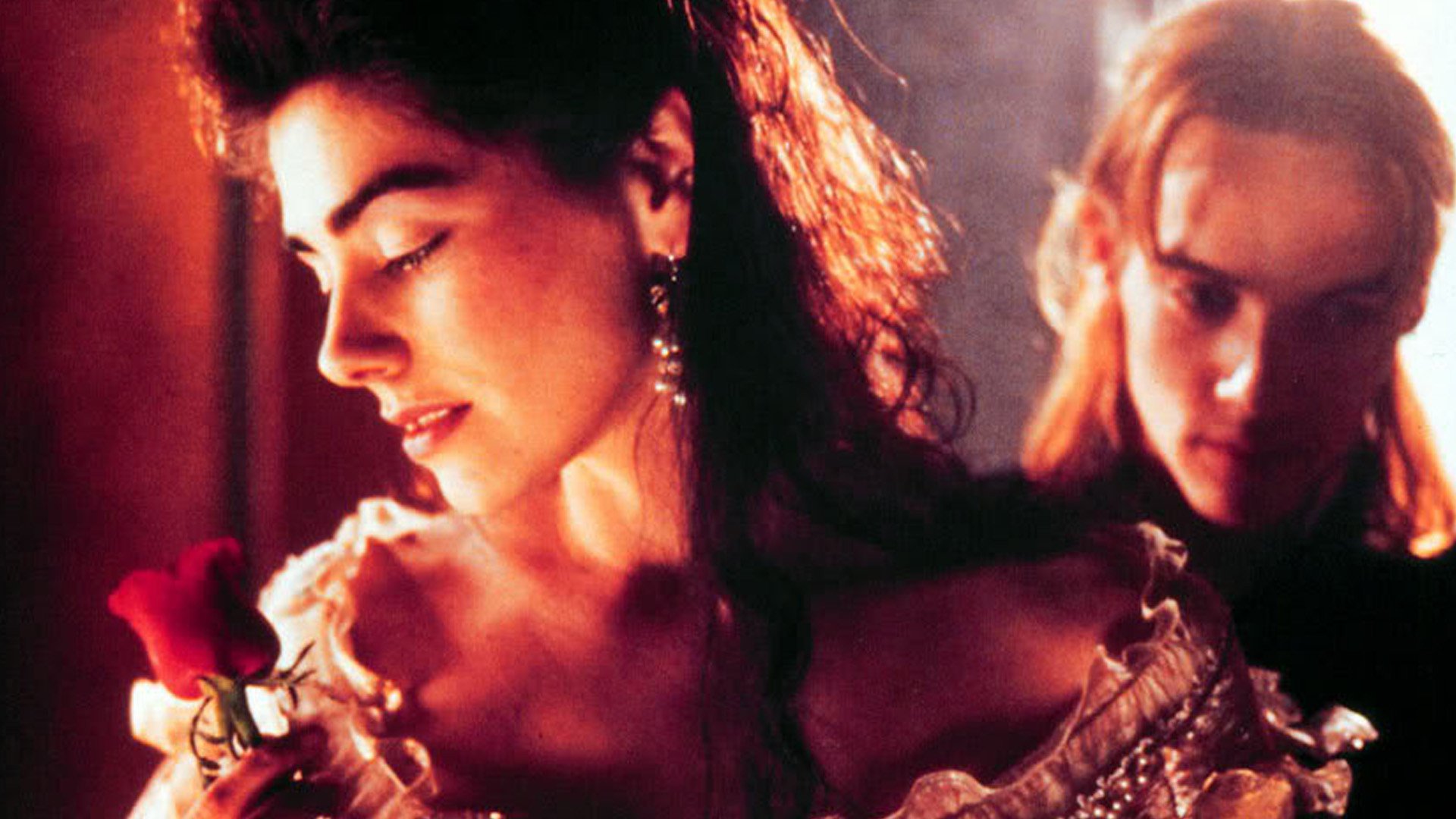
And to round out this litany, Peake’s books are widely, and rightly, considered classics by those Brits across the pond. Dick himself, and continues to influence current authors in the “New Weird” movement (whatever that means). His oblique social commentary on authoritarian governments, psychology and insanity influenced the mad, metaphysical master Philip K. He has variously been called surrealist, gothic and the grandfather of steampunk. Although often categorized as fantasy, Peake’s writing leaves elves and wizards for lesser writers (here’s looking at you Tolkein). Today he’s best-known for his Gormenghast series (comprised of “Titus Groan,” “Gormenghast,” “Titus Alone,” and the posthumous “Titus Awakes”).

The child of medical missionaries in China, a soldier in WWII, a war artist, an author and, tragically, a casualty of Parkinson’s Disease.

Peake was an English artist, illustrator, poet and writer of the 1940s and 50s. Mervyn Peake writes Literature with a capital L. I told myself last spring that if I got that Lifestyles columnist gig in The Crimson White, I had to do my best to remedy this (it’s a literary moral imperative) – but because I realize that I have in the past looked at zombies, supervillains and other science fictional pulp, let me make something perfectly clear: Mervyn Peake doesn’t deal in pulp sci-fi/fantasy. Four years in Tuscaloosa, and I’m beginning to despair that I am the only person on campus who has read Mervyn Peake’s “Gormenghast” series.


 0 kommentar(er)
0 kommentar(er)
